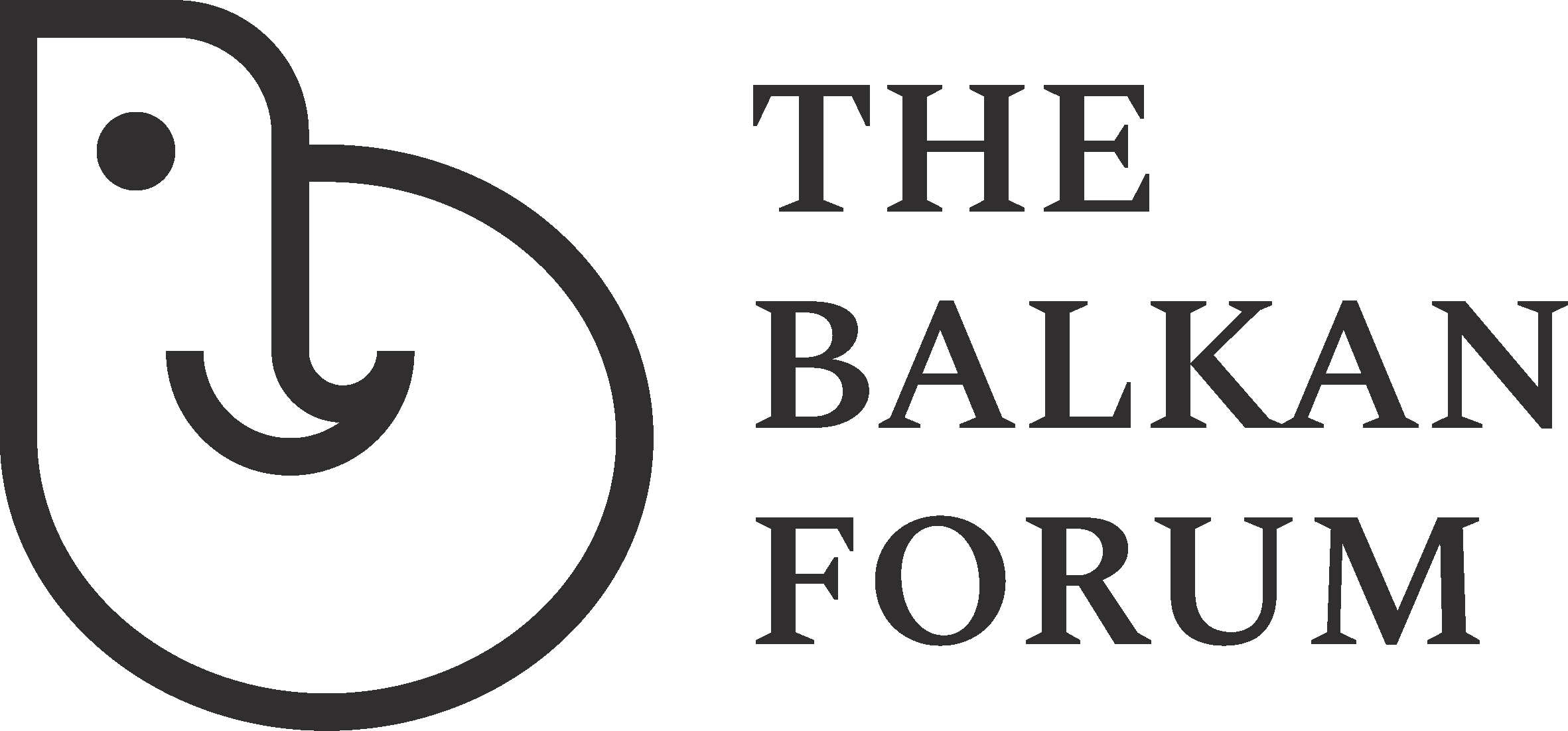The 2024 European Union Parliamentary elections have seen a marked increase in support for right-wing parties, signalling a significant shift in the continent’s political dynamics. This rise is not simply a reaction to recent events but rather the result of deeper economic, cultural, and political currents that have been shaping voter behaviour across Europe. Understanding these factors is crucial to grasping the implications of this shift for the future of the EU.
Economic Discontent and Globalization’s Fallout
One of the primary drivers behind the surge in right-wing support is widespread economic discontent, particularly in regions that have borne the brunt of globalization. Since the 2008 financial crisis, many Europeans have experienced stagnant wages, job insecurity, and a decline in traditional industries. These economic challenges have left many feeling that they are being left behind in a rapidly changing world.
Right-wing parties have effectively capitalized on this discontent by blaming the European Union for exacerbating these problems. They argue that the EU’s commitment to free trade and globalization has disproportionately benefited large corporations and wealthy elites while neglecting the needs of ordinary workers. By promising to protect local industries and jobs through more nationalist economic policies, these parties have resonated with voters who feel that the current system is rigged against them and that mainstream parties have failed to address their concerns.
Immigration and the Politics of Identity
Immigration remains a deeply divisive issue in European politics, and it has been a significant factor in the rise of right-wing parties. Beyond the economic concerns often associated with immigration, there are deeper anxieties about cultural identity and social cohesion. Right-wing parties have successfully tapped into these fears by framing immigration as a threat to national identity and traditional values.
In many countries, these parties have portrayed immigrants as outsiders who undermine cultural homogeneity and strain public services. This narrative has been particularly effective in regions with strong nationalist traditions, where voters are concerned about the perceived erosion of their cultural heritage. By advocating for stricter immigration controls and emphasizing the need to preserve national identity, right-wing parties have attracted voters who fear that their way of life is under threat.
Euroscepticism and the Push for Sovereignty
The rise of right-wing parties is also closely linked to the growing tide of Euroscepticism—a deepening distrust of the European Union and its institutions. Many voters view the EU as a distant, unaccountable bureaucracy that imposes policies without regard for national sovereignty. Right-wing parties have harnessed this sentiment by advocating for the return of power to national governments, arguing that countries should have greater control over their laws, borders, and economies.
The success of Brexit has further fuelled these sentiments, providing a powerful example of a nation reclaiming sovereignty from the EU. Right-wing movements across Europe have pointed to Brexit as evidence that leaving or significantly reforming the EU is not only possible but necessary to protect national interests. This argument has resonated particularly in countries where the EU is seen as overreaching, whether in economic regulation, migration policy, or judicial independence.
Disillusionment with the Political Establishment
Finally, the rise in right-wing support can be attributed to widespread disillusionment with mainstream political parties. Many voters feel that traditional parties have failed to address their needs, leading to a growing sense of alienation and frustration. Right-wing parties have positioned themselves as the voice of the “forgotten” people, offering a stark alternative to what they portray as a corrupt and complacent political establishment.
This anti-establishment appeal has driven many voters towards right-wing alternatives, which promise to disrupt the status quo and prioritize national interests over international commitments. The success of these parties reflects a broader dissatisfaction with the existing political order, as voters seek leaders who will challenge the system and deliver tangible results.
The 2024 EU Parliamentary elections underscore a significant realignment in European politics, driven by economic discontent, fears over immigration and cultural identity, growing Euroscepticism, and disillusionment with mainstream politics. Right-wing parties have successfully tapped into these sentiments, challenging the EU’s direction and advocating for a more nationalist approach to governance. As these parties gain influence, the future of the EU will be shaped by debates over sovereignty, identity, and the balance between national and European interests.
This article was written in the framework of the project “Countering False Information in Kosovo: Experience-Sharing between V4 and Prishtina”, supported by The Visegrad Fund

Author: Ivan Iliev, founder of Balkan Views Think Tank from Slovakia, focusing on
political and security development in Western Balkans. In his research and
consulting activities, Ivan Iliev focuses on political issues of Western Balkan
countries, with particular stress on the EU accession process and the impact
of domestic politics on relations among states in the region.












